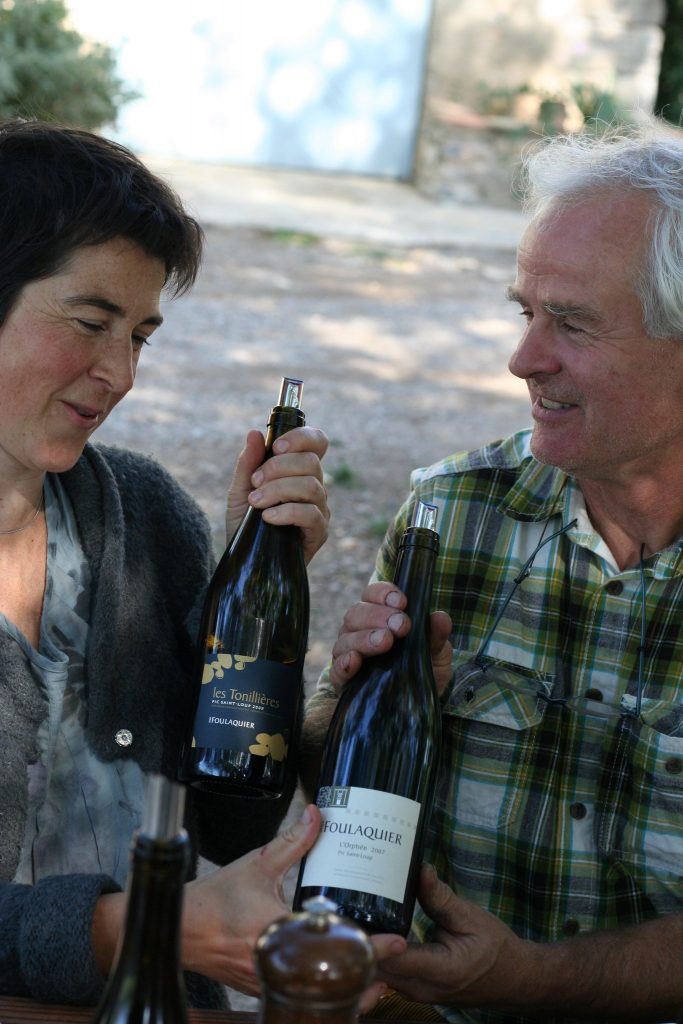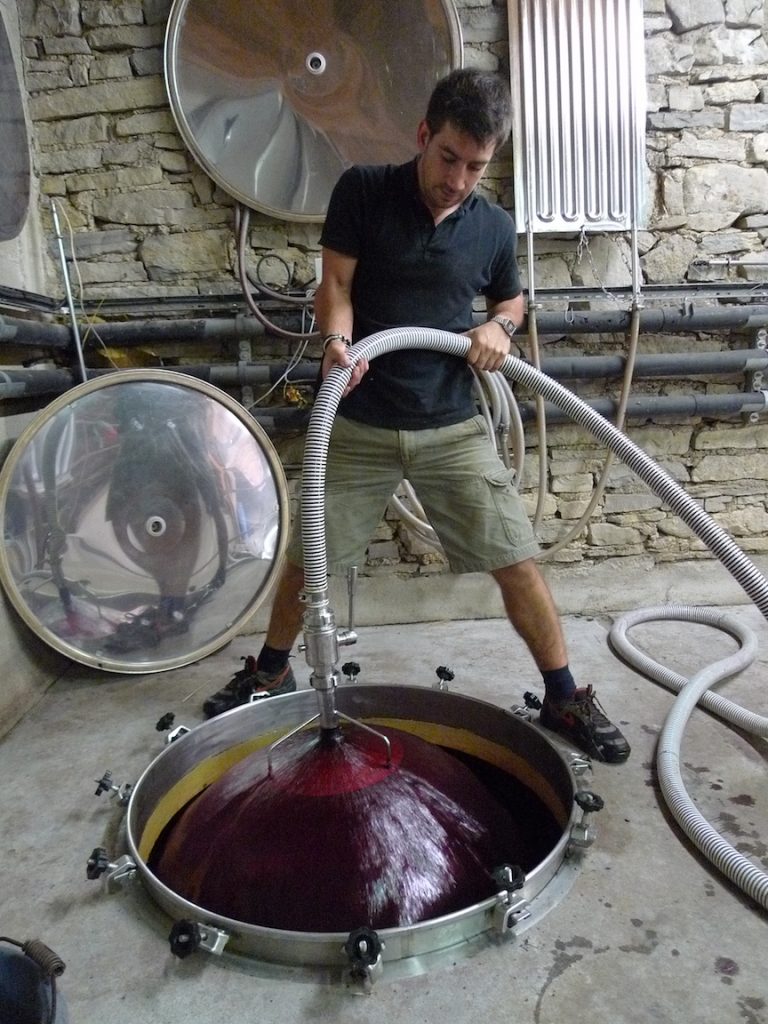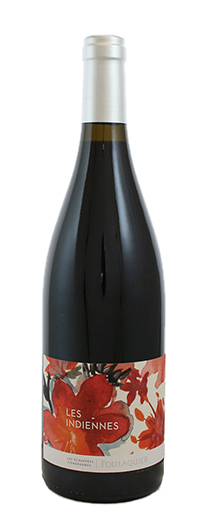
Pierre Jéquier was an architect, but his passion for wine and the desire to work close to nature led him to the life of the vigneron. After a lot of research in the South of France, it was love at first sight when he discovered Mas Foulaquier in 1998. With its old stone farmhouse built over centuries, the domaine is situated at the northern edge of the designated Pic-Saint-Loup cru. The farm overlooks a large plot of 8 hectares of sloping vines, similar to an enclosed Burgundy parcel. In addition to this lovely setting, the property is part of the exceptional Pic-St-Loup terroir: a pebbly landscape warmed by the southern sun and cooled by the climate of the lower reaches of the Cévennes. The main plot slope faces south-southwest, which means the grapes ripen early. The wide divergence between daytime and night-time temperatures is accentuated by the altitude of the vines (200m) and ensures that the wines are extremely refreshing on the palate. In 2003, Blandine Chauchat joined the Foulaquier team bringing with her three hectares of old vines in the plot known as Les Tonillières in Claret.
How do you like them grapes: Grenache Noir, Syrah, Carignan, Alicante Bouschet, Rolle, Muscat, Grenache Blanc, Grenache Gris, Bourboulenc & Clairette.

In the vineyard: Biodynamic (certified Demeter since 2007). The method of viticulture is driven by love for this rugged environment, and respect for this magical and unspoilt landscape. The vines are cultivated and treated with biodynamic preparations applied in accordance with the biodynamic sowing calendar. Application for organic certification was made in 2005, whilst conversion to biodynamic production started in 2006. Their work respects the rhythms of the biodynamic planting calendar, both in the vineyard and in the cellar. Mas Foulaquier uses preparations such as horn manure, composted cow manure, horn silica and several plant or flower decoctions. These preps are dynamised and then sprayed on the vines, which strengthens soil life and boosts the vines’ resistance to disease.
In the winery: The grapes are harvested by hand, transferred into vats by gravity and fermented using only indigenous yeasts, without the addition of oenological products. Treatment of the harvest is manual without pumping. Neither sulphites nor yeast are added in order to allow the maximum expression of the ‘terroir’. Vinification takes place in small concrete vats (50-80hl.) coated with epoxy, which encourages proper maceration of the grapes. Fermentation temperatures are unique to each vintage and vat according to the profile of the grapes. The aim is not to obtain maximum extraction, but rather elegance and fruit. Individual grape varieties may be vinified separately or together in variable proportions, in order to promote a certain complexity for future blends. Vat fermentation can vary from two to six weeks, sometimes with several days’ maceration prior to fermentation, which allows the indigenous yeasts to begin working slowly and progressively
QI: A herd of Nubian goats wanders through the rows, keeping the grass down and providing incidental fertilizer at the same time.

The Key Wines:
2018 IGP Les Indiennes
2018 L’Orphee
2016 Les Calades
Food match: Anything from stuffed and roasted Mediterranean vegetables to grilled lamb cutlets and barbecued sausages.
Philosophy: To respect the beautiful terroir of the Pic-Saint-Loup by avoiding the use of chemicals and synthetic products in the vineyard and the winery
*
Interested in trying the wines of Mas Foulaquier? Contact us directly:
shop@lescaves.co.uk | sales@lescaves.co.uk |
01483 538820
*Note: We are still open for business, doing deliveries, and keen
to help everyone with their booze needs in this difficult time.
Natural wine lovers can visit our online shop and order online!

